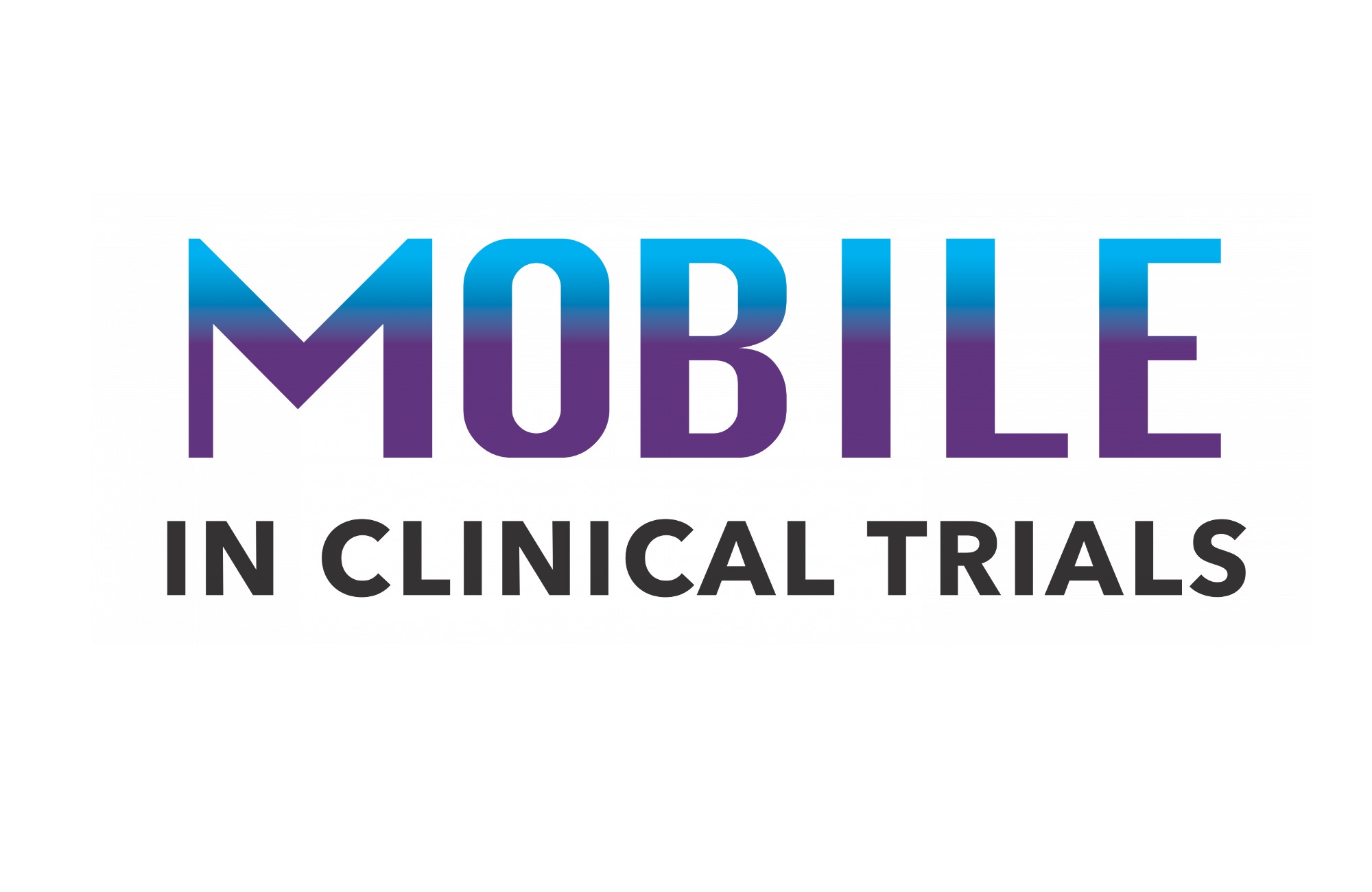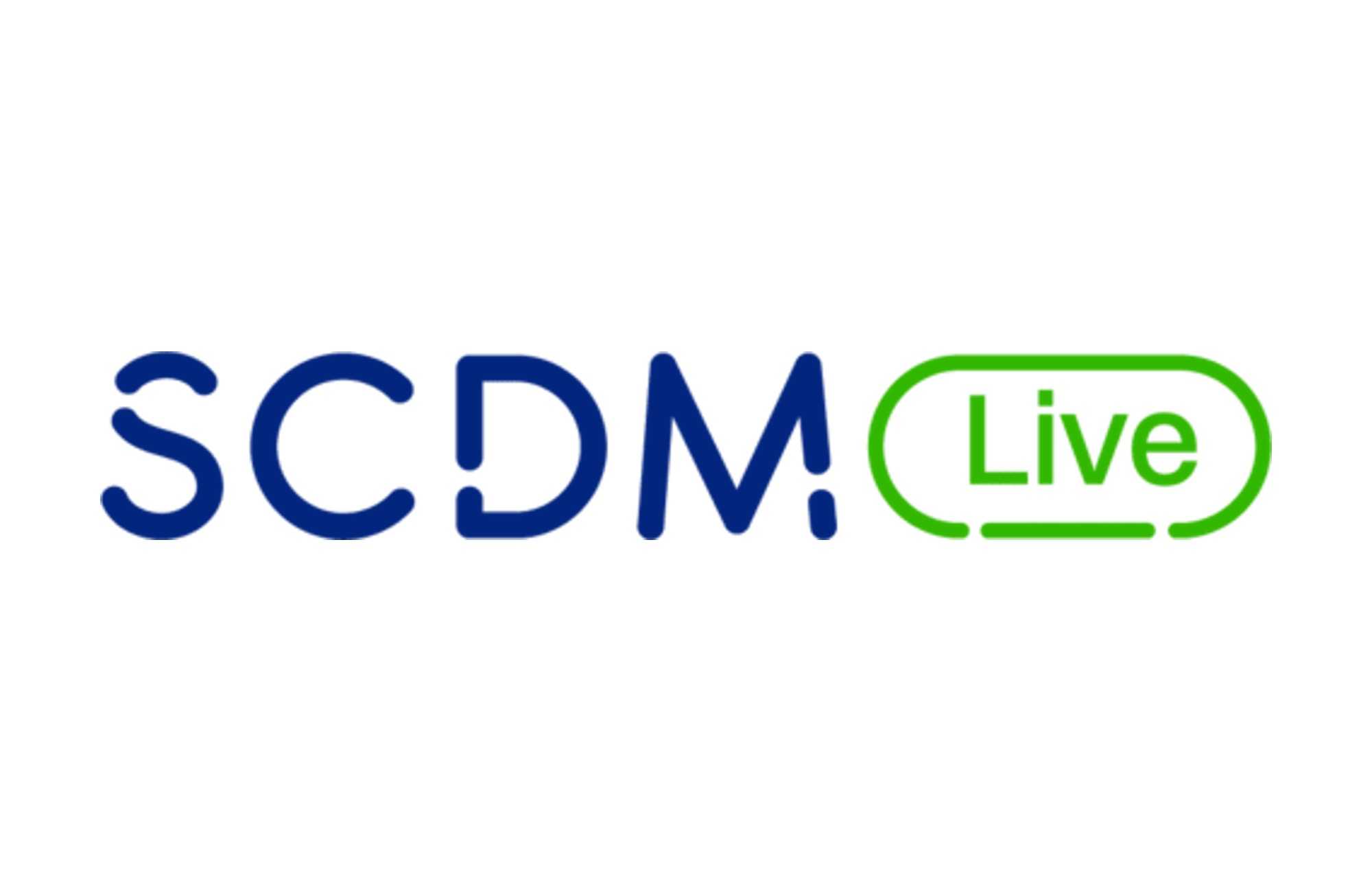The rate at which we now collect data in clinical trials is astonishing. With decentralization of clinical trials, study data comes from numerous channels. This includes online electronic Diaries (eDiaries) and electronic Patient Reported Outcomes (ePROs), wearable devices, electronic informed consent, laboratory results, home health nurses, in addition to the information captured during site visits. Data is being collected at exponential timepoints. Clinical studies capture three times as much data as they did ten years ago. This can lead to thousands of data points per day from a single patient!
What are the risks linked to increased data collection from home? How can clinical teams identify and mitigate those risks? What are the strategies that can be put in place to support flexibility in data collection, guarantee data quality, and preserve data privacy?
1- Analyze the risks associated with increased data collection
Always question the data you actually need
When it comes to collecting data from home, electronic Clinical Outcome Assessment (eCOA) has become the most adopted technology in clinical trials. It allows ePRO and eDiary data to be collected at various timepoints, secures contemporaneousness, legibility, logic, attributability, and overall accuracy of data. Alongside home data collection comes the temptation to ask patients to provide data anytime, anywhere. This may result in requesting more data than is necessary to answer the protocol questions. This carries not only the risk of patients experiencing data collection fatigue but can also complicate the management and logistics of the technology used to collect the data. This becomes even more important as study duration increases.
Mitigating the risks that come with data collection at multiple timepoints requires clinical teams to examine the type of data they need, the purpose of the data being collected, how to react in case of missing data, and identify fallback plans if the primary data collection method fails.
Anticipate patient fatigue and think about flexibility
To avoid patients experiencing fatigue during the study course, more flexibility must be offered:
- Multiple modes of eCOA collection (at home and on-site, using provisioned devices or via an interview, and offering web-based solutions) will provide patients more opportunities to collect data. If studies are increasingly demanding to study patients, options should follow in parallel for securing a positive patient experience.
- Study teams should anticipate switching eCOA collection to a back-up mode if one of the primary data collection method fails, guaranteeing data collection.
- When aligning eCOA data collection with designated visits or milestones, it is relevant to question if the protocol can offer more flexibility in the time-window for completion. In some circumstances this could add flexibility for study patients without compromising the data point.
- A Bring Your Own Device (BYOD) approach is beneficial for certain clinical trials. To determine if opting for a BYOD/hybrid strategy or a provisioned device solution is the right choice, it is necessary to consider key protocol criteria (study duration, type of endpoints, number of patients, frequency of assessments, and volume of data collected), patient population criteria (demographics, disease, patient preferences and lifestyle), and geographical constraints (country, patients’ Wi-Fi coverage).
Do not underestimate the time needed for technology training
When planning the study, it is important to anticipate the time commitment for technology training to mitigate the risk of poor technology adoption by sites.
It is well known that an unhappy site staff makes for unhappy patients. For the site team to fully understand and feel comfortable using the technology, it is critical to take the time to offer clinical sites the relevant training adapted to their prior experience. Creating the opportunity to test the distinct modes and different steps of data collection before the study goes live will result in well trained and confident site staff. A higher rate of technology adoption will lead to a positive site team and patient experience. Well-designed user guides and helpdesk services available at any time have also become best practice, to be referred to or contacted in case of need.
2- Mitigate data quality risks
With multiple modes of remote eCOA data collection available for a single study, there are new risks related to data quality. Remote data collection through ePROs and eDiaries increase the volume of unsupervised data collected. As data is collected out of sight by study staff, controls must be put in place to guarantee data quality. As the way the data is collected can introduce biases in the data set, different modes of collection outside of the original intended use can generate unanticipated audit findings and greater users and data collection modes requires more traceability requirements.
Work with experienced teams
Risks related to data quality can be mitigated by experienced teams:
- It is necessary to implement relevant branching logic so that adapted questionnaires are triggered according to specific criteria (e.g., patient age range in pediatric studies).
- Work with knowledgeable data management teams who will implement relevant edit checks and perform 100% data cleaning. This is key to guaranteeing data quality.
Reinforce the Audit Trails
Data quality risks will also be mitigated if teams fortify the audit trails. Appropriate variables to the audit trail can be introduced, such as:
- Capture the method of data collection for each questionnaire as a standard variable within the dataset.
- Add robust tracing of the site staff/investigator activities.
- When a back-up solution is in place, identify the reason for using the back-up data collection method which will strengthen the audit trail.
To enhance data quality and integrity, capture the reason for missing data. Use a solution that allows for reinforcement of the audit trailing system. This results in appropriate sub-analysis and ensures necessary audit trail reviews are performed, maintaining data integrity.

3- Secure data privacy by using the right technology
New risks related to data privacy are also associated with multiple modes of remote eCOA data collection:
- Multiple users are directly interacting with the same technology. For example, when a provisioned device is used on site and shared across multiple users.
- With the BYOD solution, personal data and clinical trial data may co-exist on the same device or computer. Some applications installed by the device owner for private use have the potential to automatically share data held on or accessed by the device. Additionally, if the BYOD application is deleted, the stored data may be lost.
- Risks to data privacy can come through offering free text options to study patients by potentially openly reporting personal information clinical teams could be exposed to data privacy breaches.
It is pertinent to identify the relevant data privacy risks to determine technical options available to mitigate those risks and secure data privacy:
- Select a web browser embedded application when using a BYOD solution to prevent data storage on the device. This negates the risk of coexistence of personal and clinical trials data on the same device, as well as the risk of data loss in case the app is deleted.
- Put secure, encrypted data transfers in place for high data privacy during data flow.
- Robust helpdesk protocols related to patient data privacy breaches and censoring of patient information in the ticketing process is also key. Ask your helpdesk teams or vendor services for their training protocols to create an additional level of protection.
- Try to avoid free text options in patient questionnaires. Most of the validated ePRO questionnaires avoid free text, however, if completely unavoidable, disabling certain features such as copy and paste and providing character limits will help to decrease the risk of collecting private, unexpected data.

The shift to data collection at home and the rising practice of hybrid operating models that combine multiple ways of collecting data generate new risks. Strong technology combined with expertise and insightful decision making is necessary to implement the relevant strategies and preventative actions to mitigate those risks. Steps taken to secure these risks will safeguard both the quality and the privacy of the data study patients take the time to collect.
#eCOA #ePRO #eDiary #BYOD #data collection #clinical trial













